
Kateryna
Generative AI
Graphic Designer
3D
Animator
Illustrator
Concept Artist
Motion Designer
Fine Artist
Video
Visual Effects
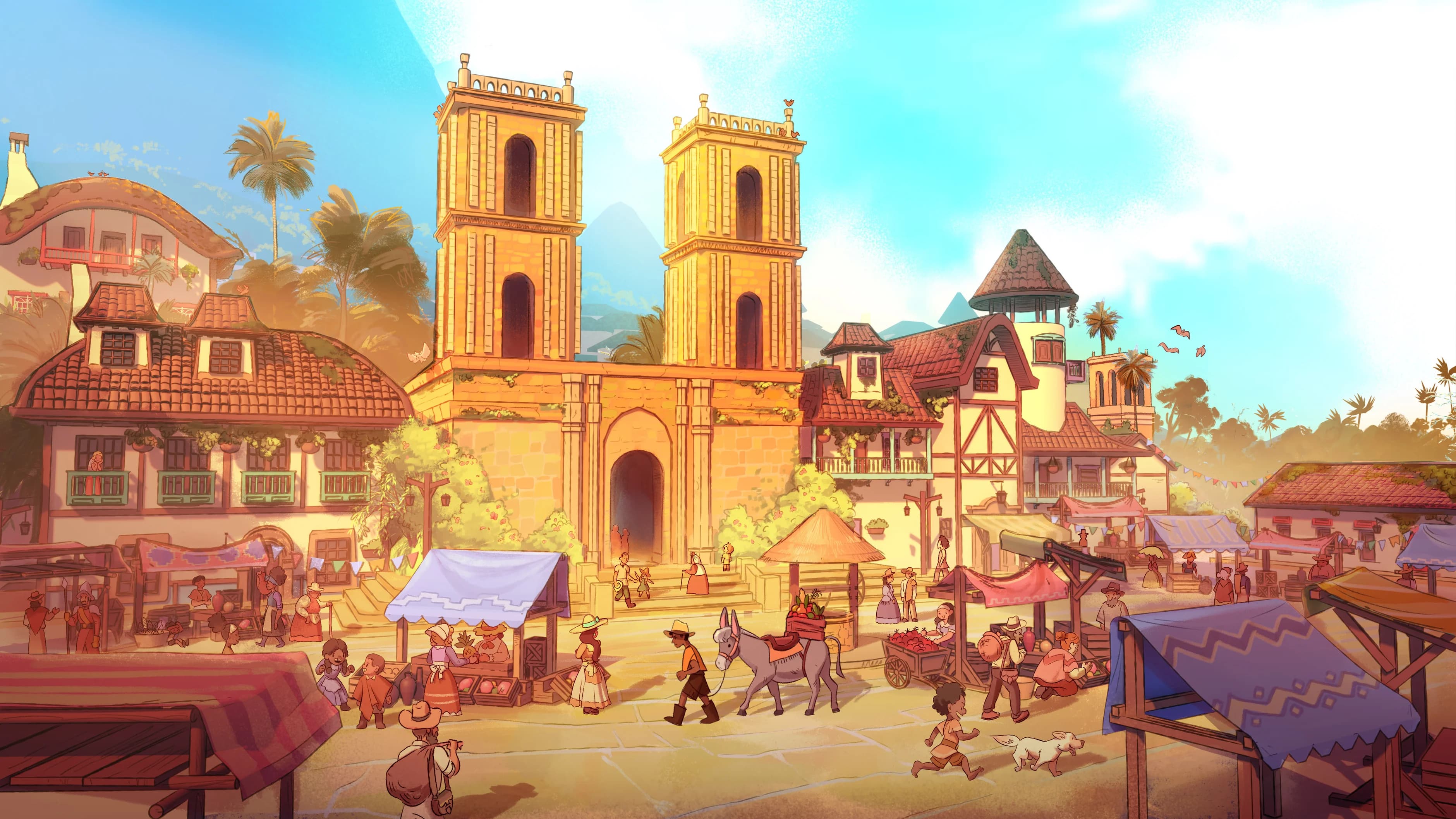

Creating for Yourself
Andres Aponte: I’ve always been fascinated with world-building. Ever since I was a kid, I daydreamed of escaping to other worlds. I grew up playing lots of games and watching films and I remember always drawing, I was always that one artist kid at school, so I think it’s always been a part of me and I’ve kept on going in this direction.
Later on, starting my career, I had more opportunities to start doing backgrounds than characters and I ended up liking designing environments more, so I decided to focus on it.
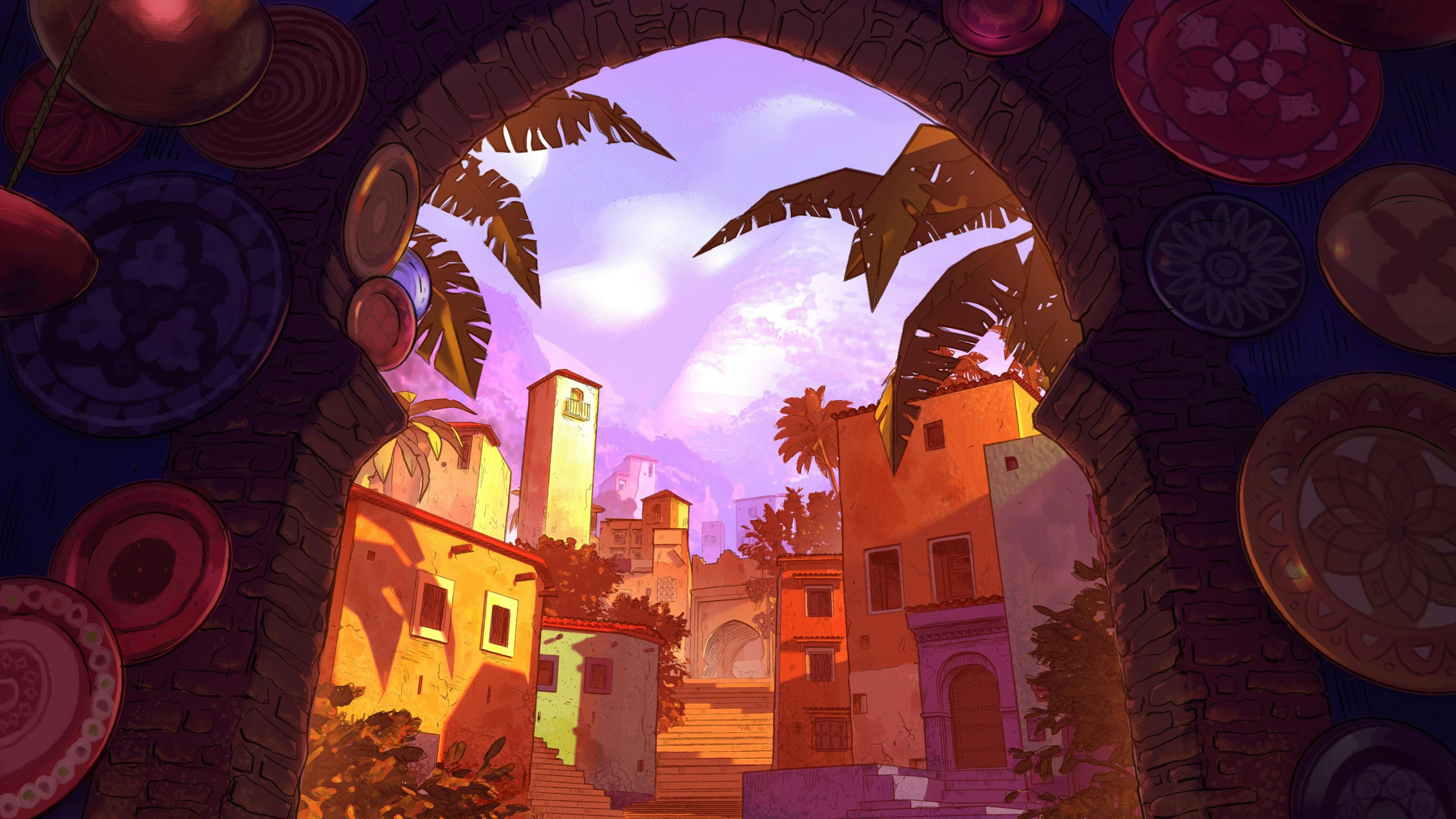
Andres Aponte: It’s a bit rough here, I feel. However, things are getting better. There aren’t big projects or companies like those in the US and Europe ye but incredible talent and hardworking people are willing to create beautiful work. There’s outsourcing work to be found and lots of start-ups working hard to get projects off the ground.
Probably, the most difficult thing here is that you are required to be a generalist to survive as there aren’t that many projects and teams are rather small – so companies will expect you to do all sorts of styles and subjects, from illustrating to even doing some UI and graphic design in games, which gets difficult to channelize your focus and grow. I got my start doing very different things all at once. Looking back, I think it helped me to explore and learn different things and lead me to where I am now. So it’s not so much of a bad thing but more of a difficult obstacle.
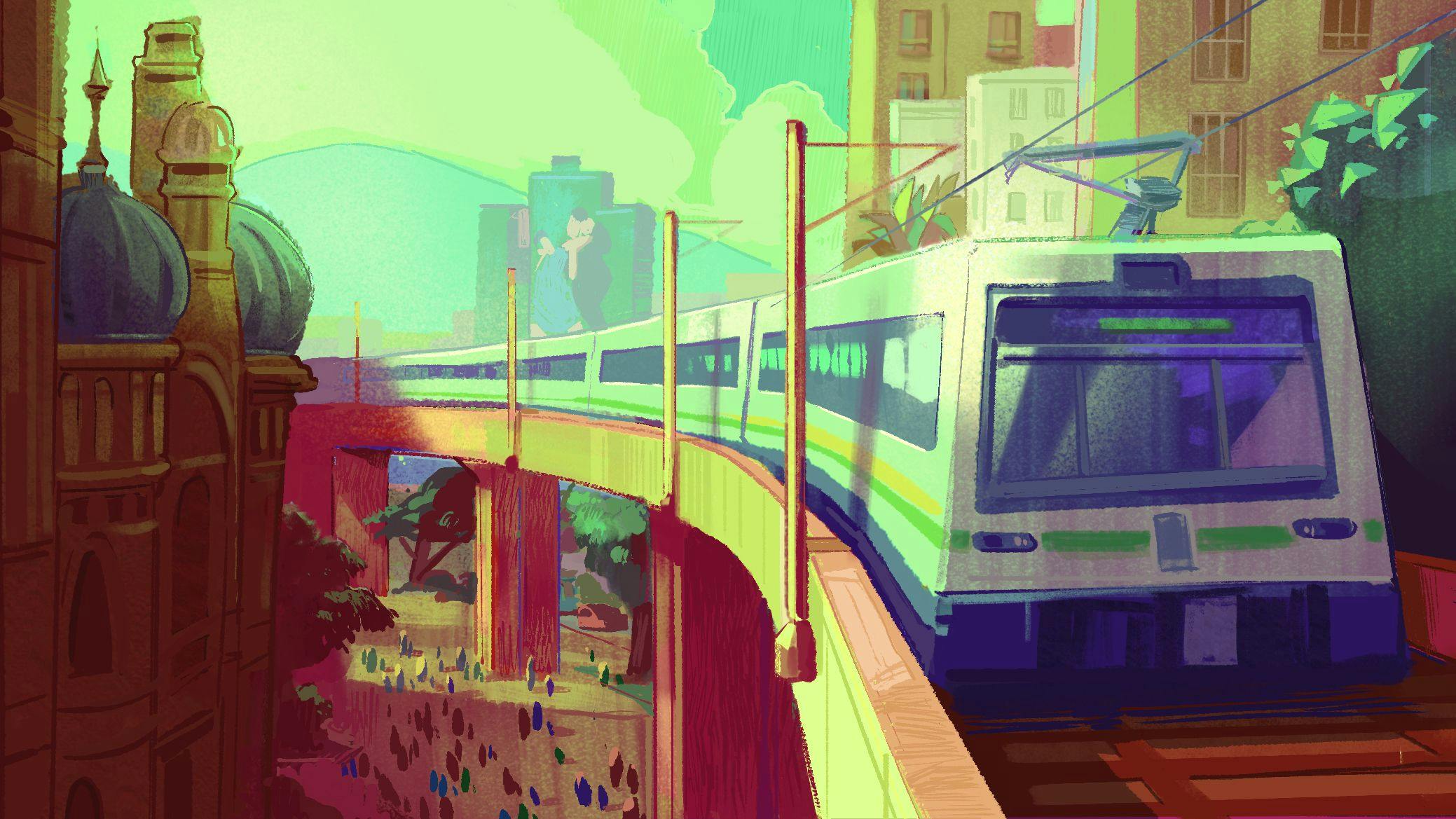
Andres Aponte: I’ve been able to be a part of the backgrounds team for Rick and Morty in a couple of episodes; a cinematic animated trailer for Rocket League (Epic Games) and a bunch of music videos for artists like Wiz Khalifa and others. I’m currently on an unannounced preschool kids’ show.
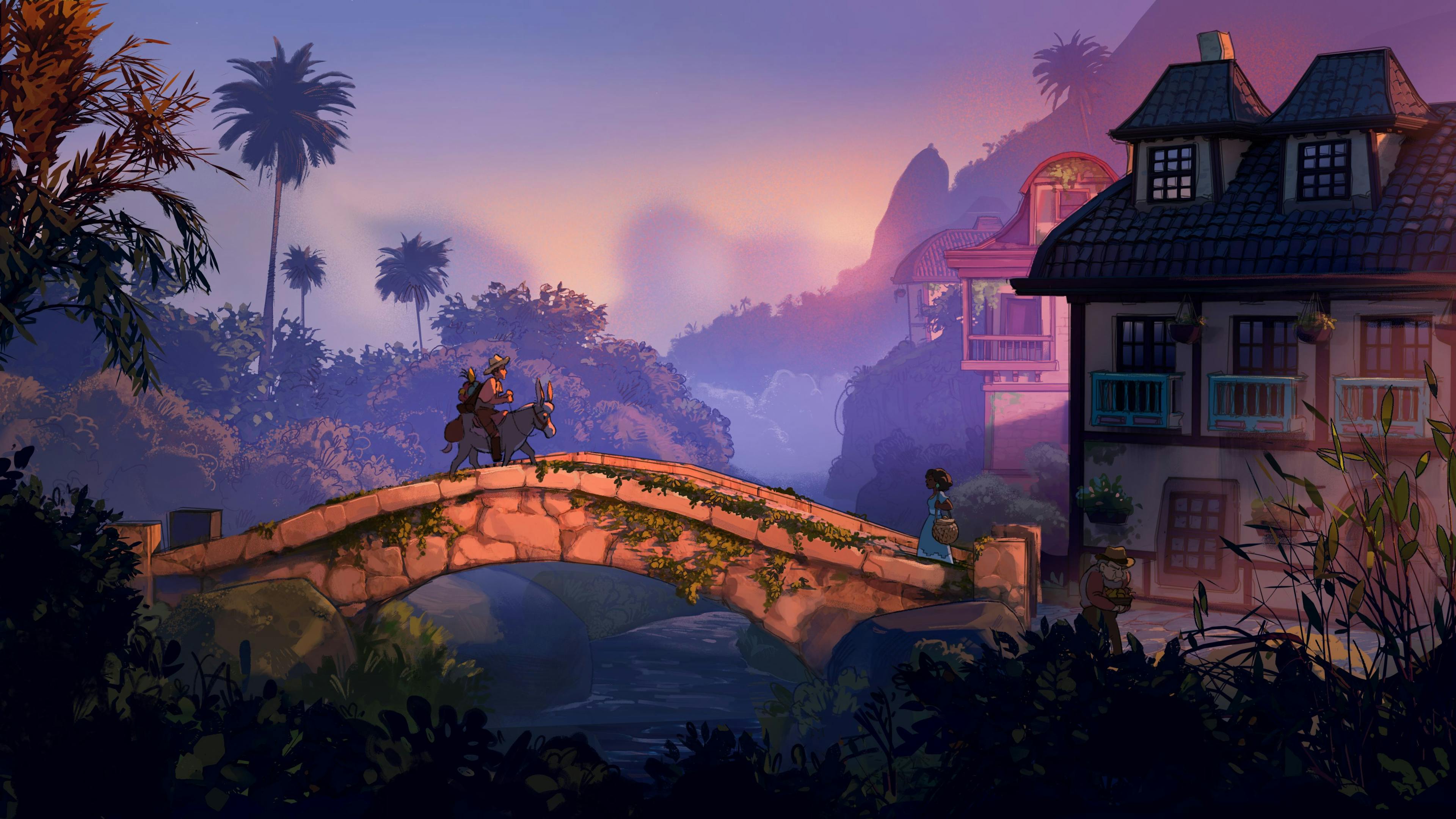
“I believe personal projects are vital to the well-being of an artist”
Andres Aponte: One thing is to understand the client and deliver as close as possible to what they have in mind. Sometimes communication can get messy in these kinds of projects as terms and words alter a bit from animation. So I have to make an effort to get what directors and producers have in mind correctly.
Also, time; there are really quick turnarounds in projects like these, so I must be resourceful and effective to not burn out while delivering something of quality. These are most of the projects you’d find in Colombia, so I think it’s important to have this in mind when starting here.
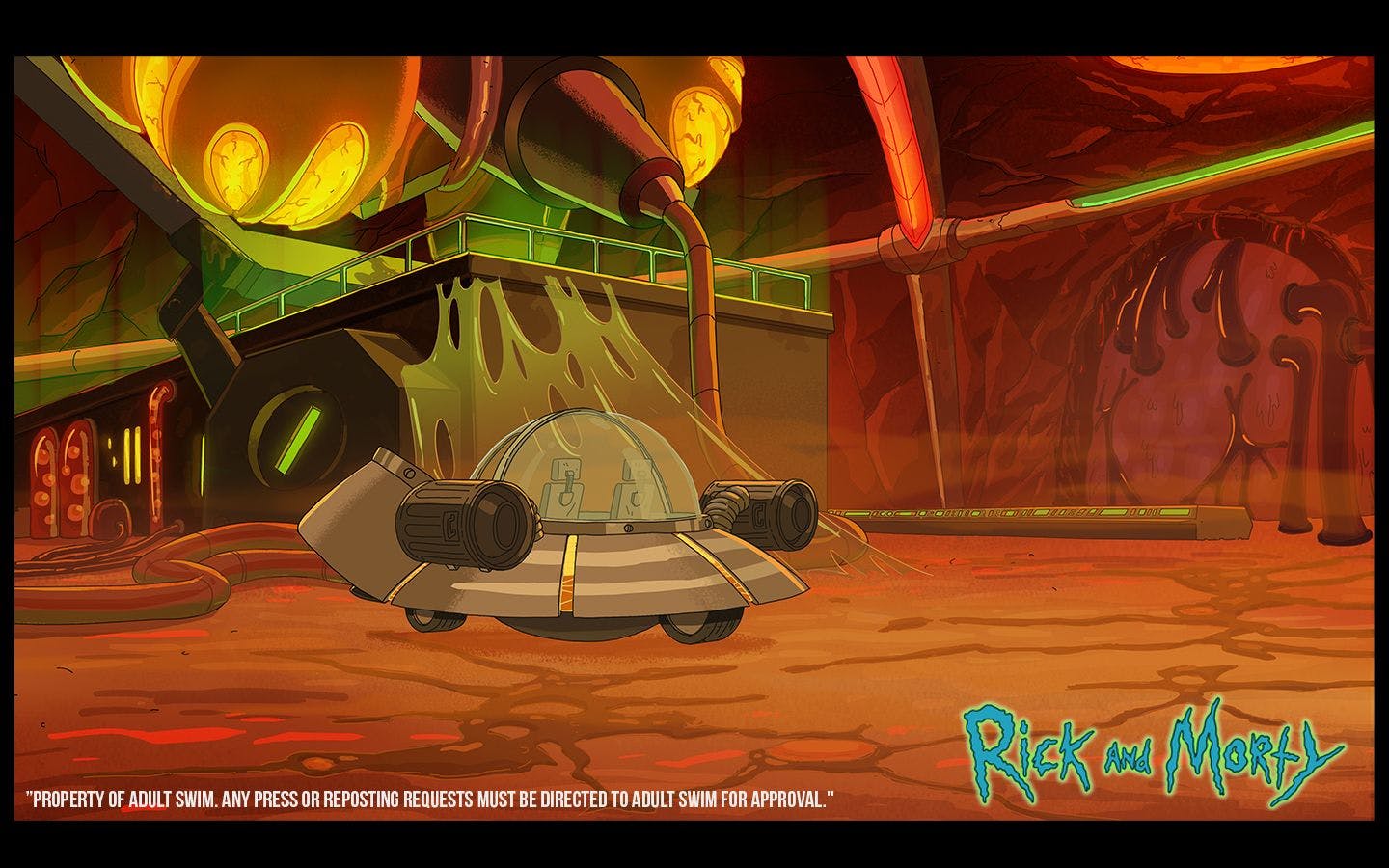
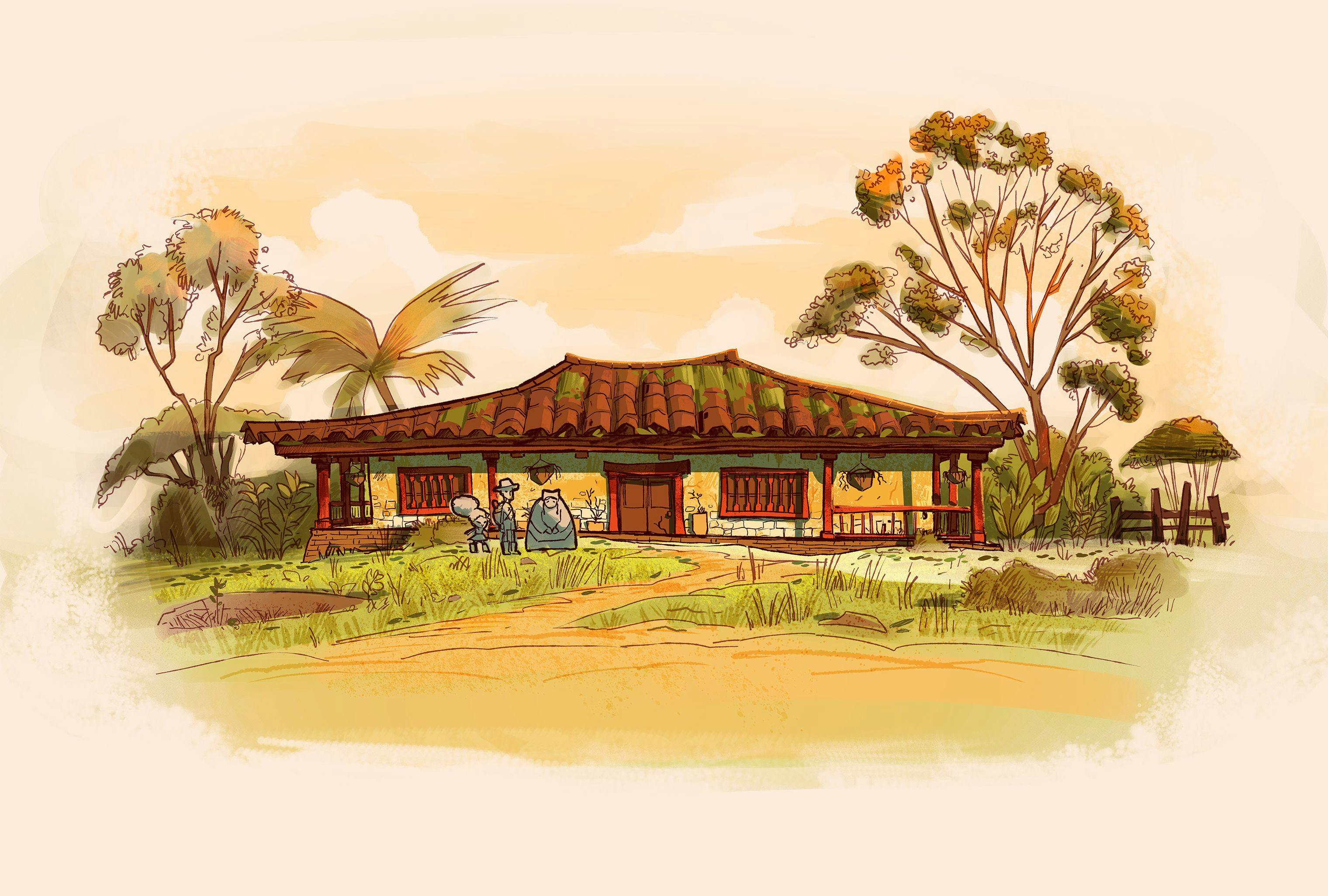
Andres: It, kind of, started with the curiosity of watching my colleagues from the 3D teams in studios I’ve been a part of. I also noticed many concept artists, especially in live-action TV and film, use 3D in their process. I’m always interested in getting out of my comfort zone and trying new things even if it’s scary; it was very nerve-wracking for me in the beginning.
Now, I feel it’s so much fun to learn modeling, sculpture, texturing, and such; it has helped me understand I don’t have to fit into a single box and that my creativity isn’t defined by my tools. I see a design in new ways and I better understand the needs of the teams down the pipeline. I only want to keep growing from here; I’m still at the very start of the journey and it’s very exciting. Just recently, I’ve been playing around with VR and it’s been a blast.
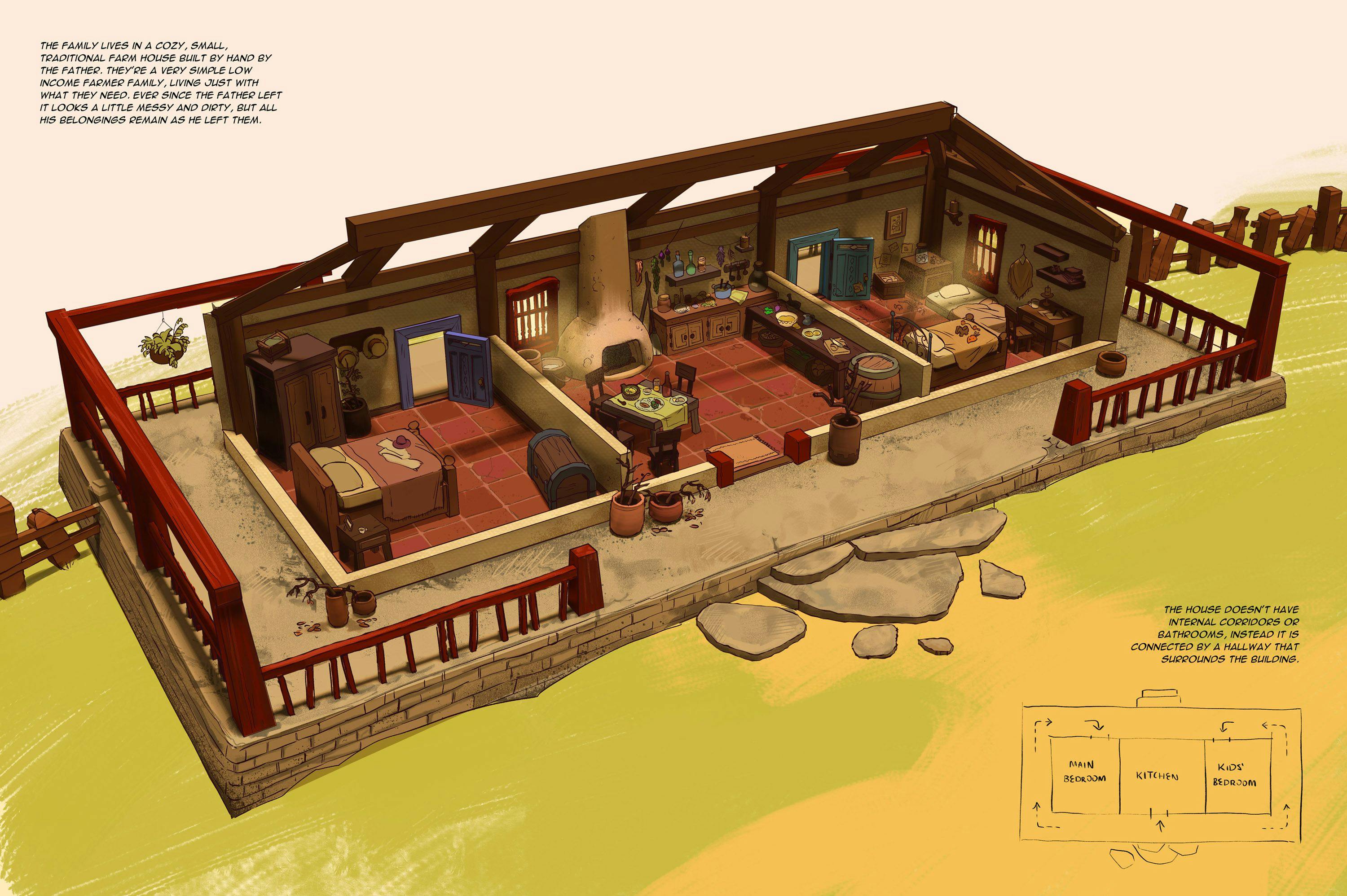
Andres: To me, these are the ingredients that most help a project succeed. I’ve been a part of projects that prioritize speed over quality; don’t give enough care or focus to storytelling and are a mess in team trust and communication. They have always been frustrating experiences. I resonate with the idea of “Story is king.” It is through a story that you find answers to problems; where things get cohesive and, to me, that is where the fun is at.
However, when the priority is cutting corners to save time or budget, where there isn’t effective communication within the team and there isn’t a story to be told, I feel the project can very easily feel pointless and the people working on it then won’t believe in it. If the team itself doesn’t have faith in the project, it’ll most definitely fail.
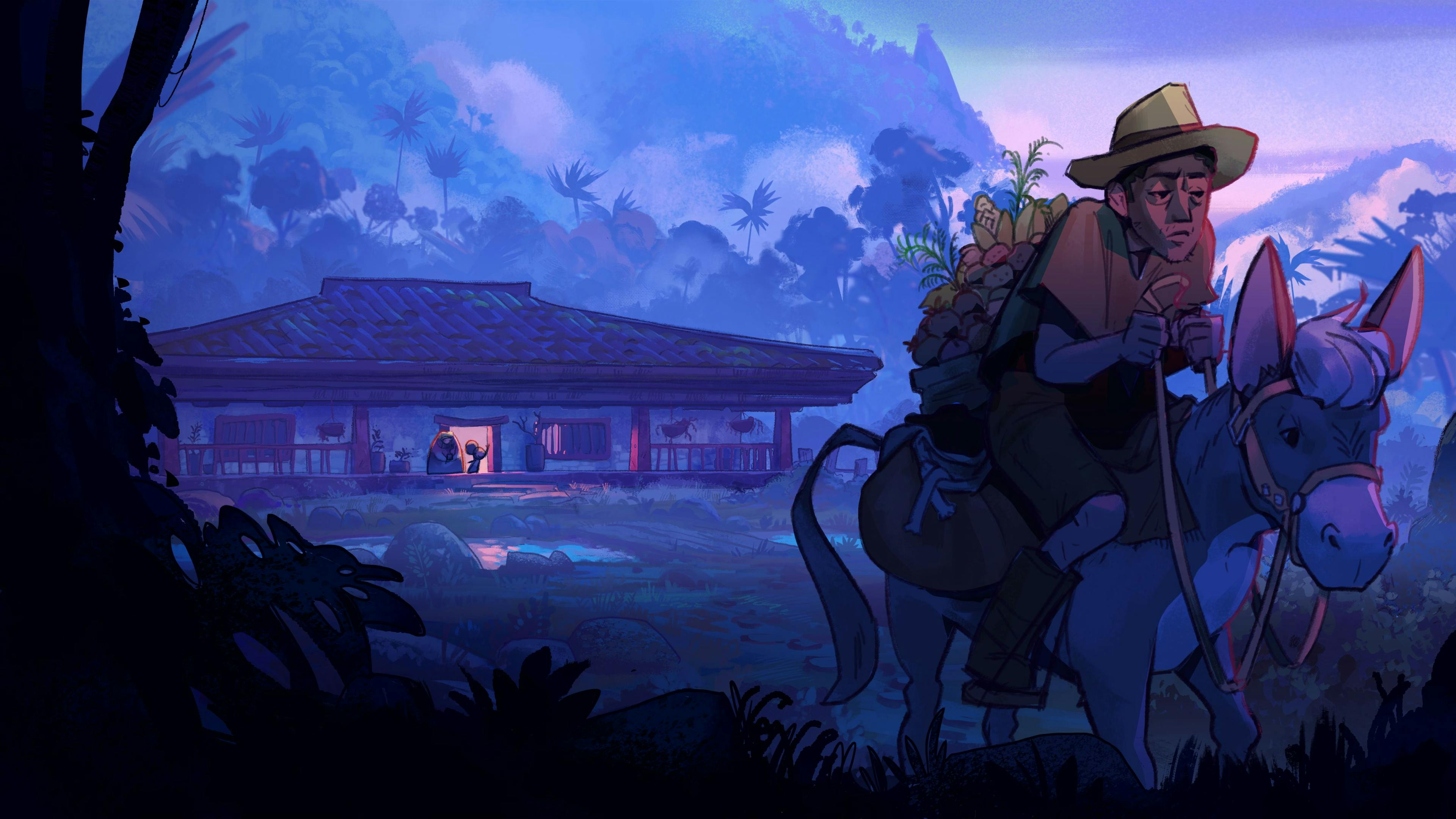
Andres: Recently I felt the necessity of going back to what inspired me to get into art when I was a kid. I was overwhelmed with work, so I had to make time to create something just for myself without any pressure. I always go back to the stories that moved me when I was a kid.
So I want to tell stories that would have excited me in those early years. I also want to use these opportunities to learn new skills and software. I’m interested in designing worlds that help me reconnect with my journey and spark a wondering fantasy in my mind, so far that’s what has driven my project, “Teyuna,” which is largely inspired by Colombia’s cultural landscape, combining it with some magical fantasy elements.
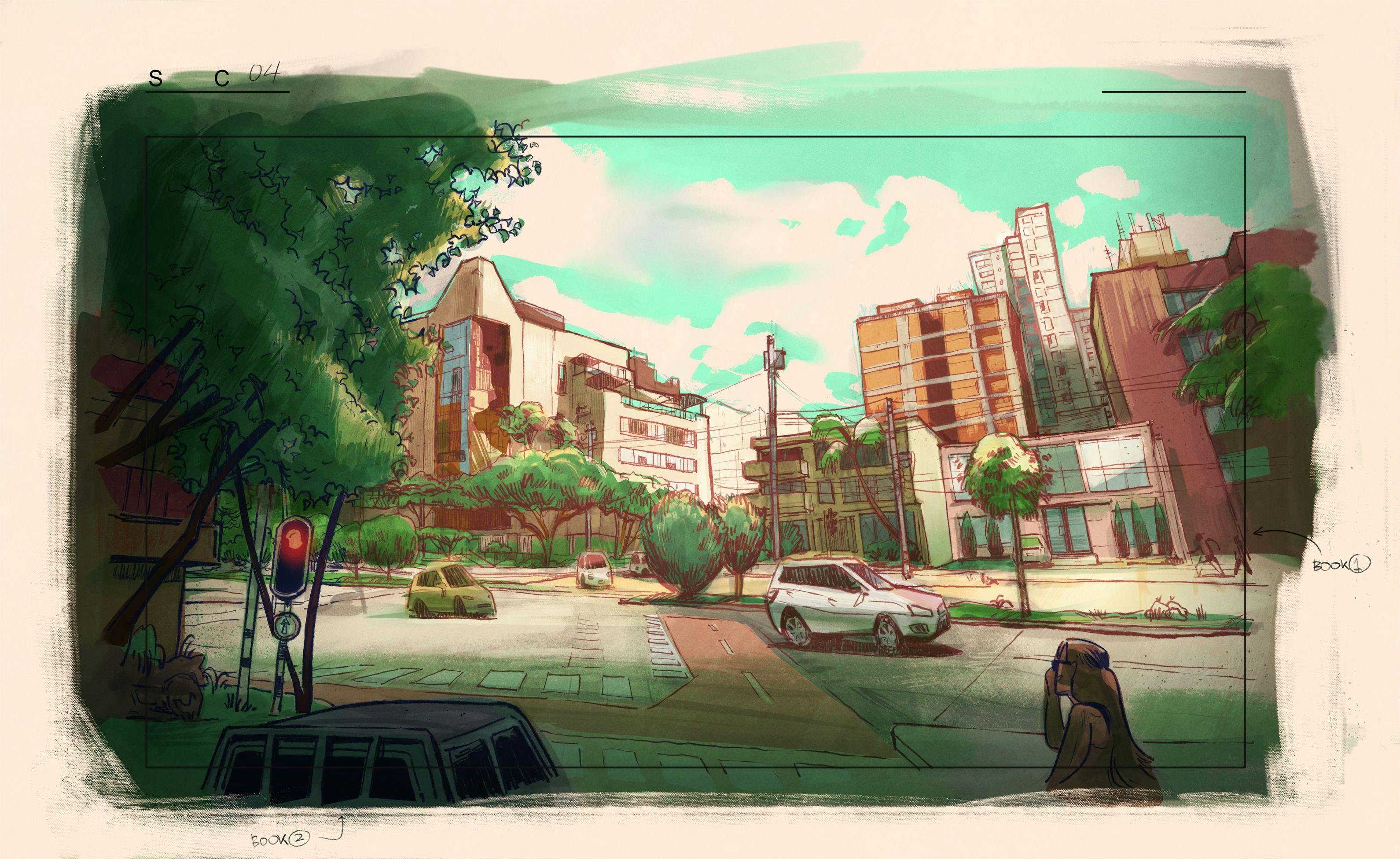
Andres: I think organizational skills like scheduling, time management, and proper file naming have saved me hours of frustration and conflict with collaborators. I use to be quite messy in the past but I now understand that placing systems to help everyone on a team stay focused and work efficiently is very important. I try to stay organized with my own projects, as well – I make boards, calendars, and task lists and it helps me to get a broad view of things and see and achieve goals. Sometimes I see some people ignore how useful and effective being organized can be.
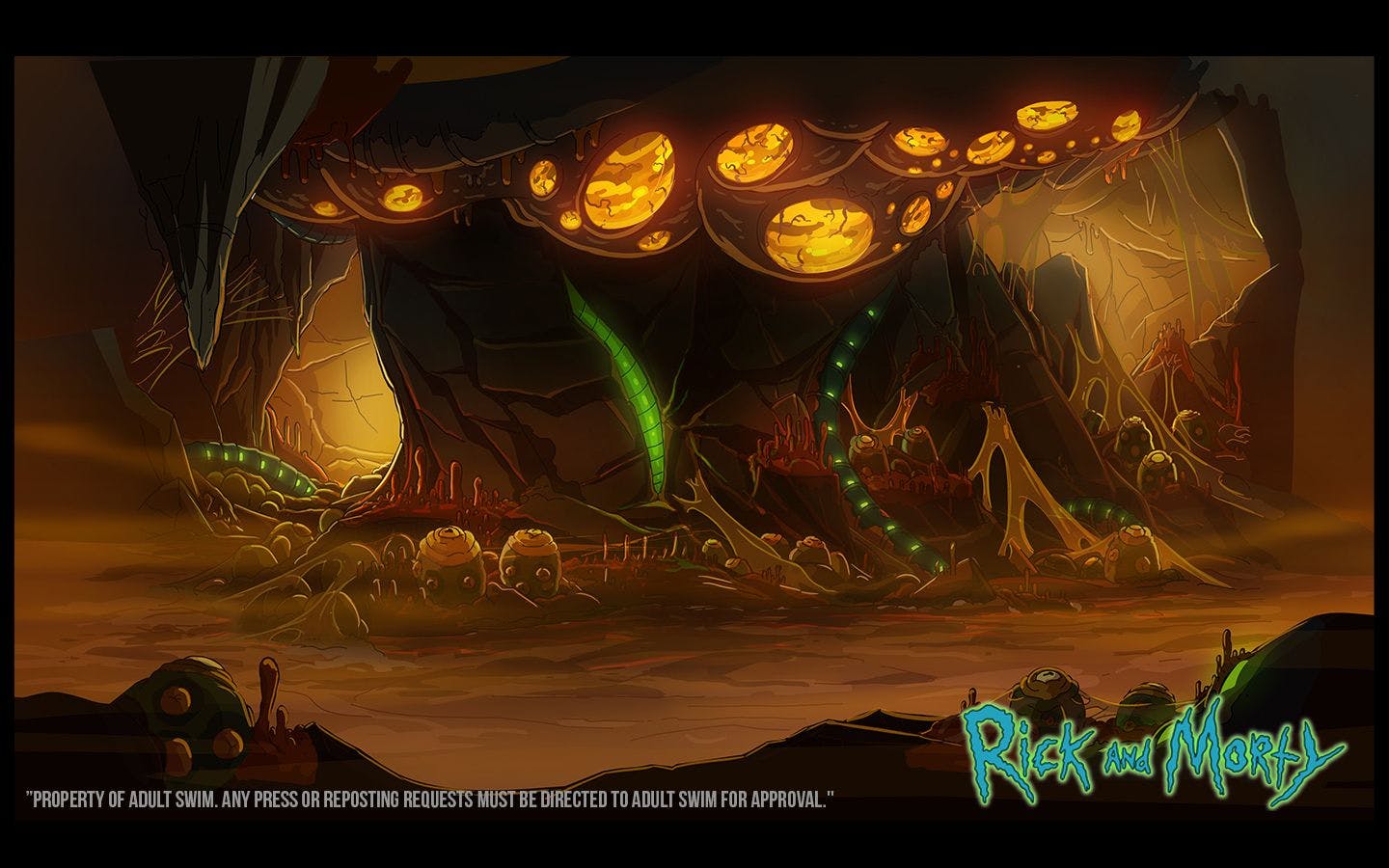
Andres Aponte: Honestly, it’s the time I’ve taken to work on my personal project, “Teyuna.” It has been a very fulfilling and great way to learn new skills with little pressure and I keep thinking about how to improve it. I’ve also enjoyed being part of teams and helping in a collaborative process, so I hope to find a great team to tell great stories in the future.
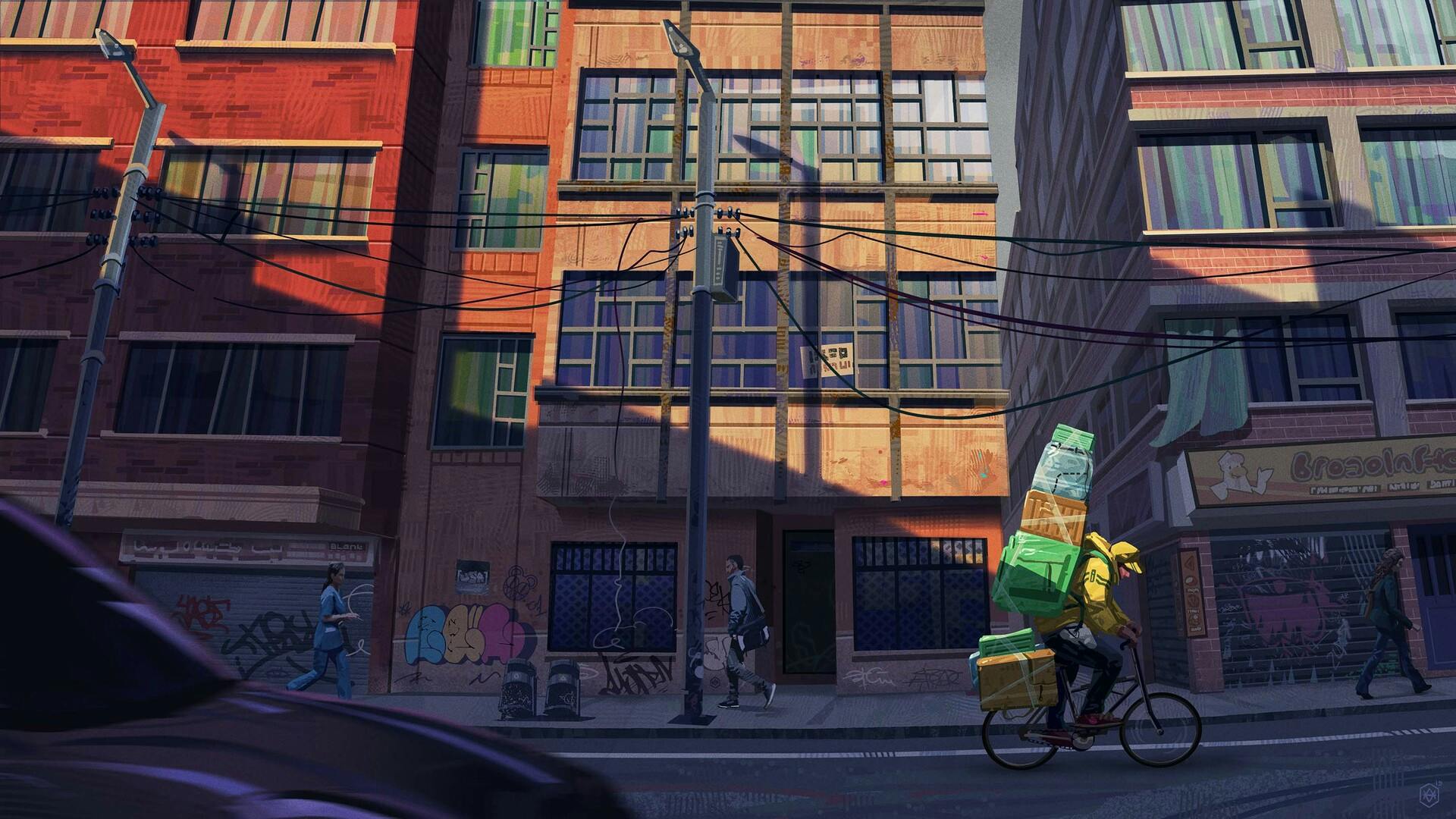
Andres Aponte: Focus on what feels the most fun; trust in yourself and in your potential to grow; don’t forget why you got into this in the first place and always remember and keep close to those things that get you excited and inspired about this type of creative career.
There will be lots of rough moments in your early career and it can be difficult to get entry-level jobs but there are opportunities out there, such that if you focus on your skills and have something meaningful to tell, you will get noticed. Quality and passion always stand out. Also, don’t stop doing things for yourself. I believe personal projects are vital to the well-being of an artist. That’s what has kept me going when things get rough.